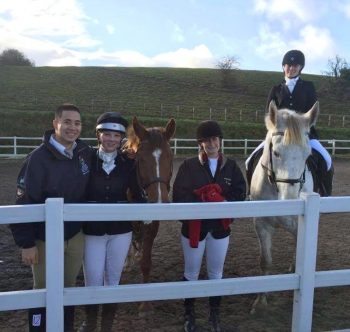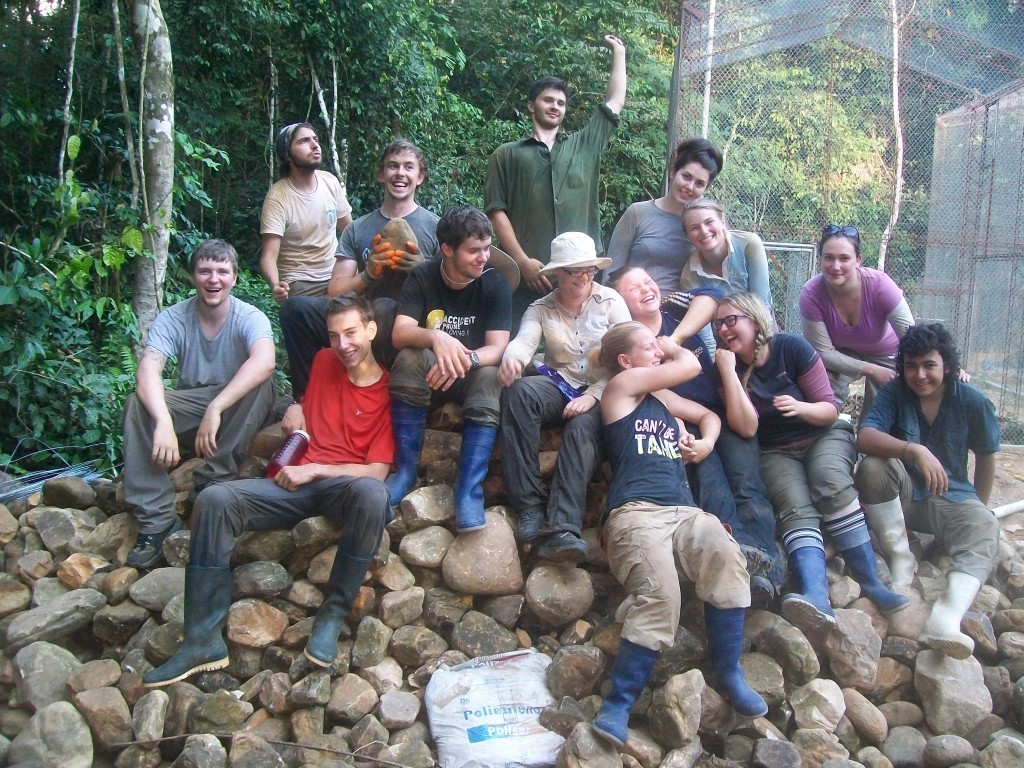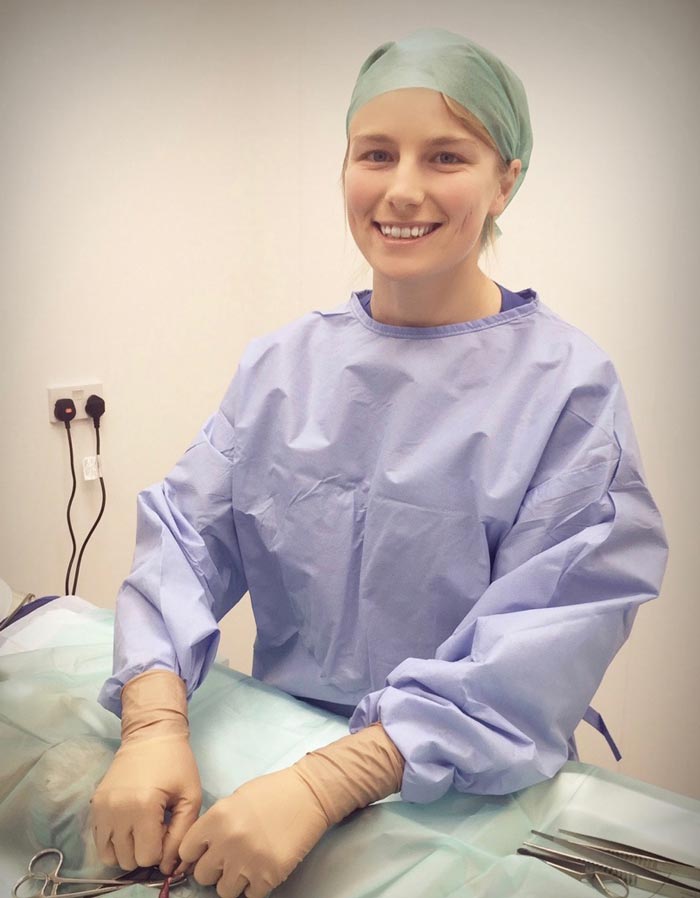The issue of poor mental health in the veterinary profession as a whole is becoming more recognised, and has sparked the launch of initiatives such as Mind Matters and Vetlife’s helpline service. But what about vet students specifically?

When I was applying for vet school, I remember numerous people told me the hardest part is getting in… well, they lied. Having now spent five years at Glasgow, I can’t even comprehend why they would spread that awfully inaccurate myth.
My first inkling this oft-repeated phrase was totally unfounded came during one of our first lectures where my entire second year of A-level physics was summed up in an hour – and the pace only continued to pick up from there.
Difficult beginnings
Along with the personal struggles of moving away to university (in my case, 300 miles from home), not being selected for the sports teams I tried out for and the social pressures (feeling I had to take part in things despite feeling exhausted and wanting to sleep), it was hard.
I also had a sense of emptiness – having worked my entire life towards getting into vet school, once I got there, it was like: “Now what?”
I began to wonder whether veterinary was really the right career for me and, in the first term, seriously considered leaving.
No alternative
One of the main things that kept me there was the simple fact I didn’t know what I would do instead. I took my car back with me after Christmas, which helped with logistical issues, and started an evening creative writing class that gave me the opportunity to get away from vet school and vet students every so often.
By the summer of first year, I still wasn’t convinced I would stay. I hinged my fate on exam results, deciding I wouldn’t have the motivation to resit them because my heart wasn’t in it.

However, I passed, and bundled myself on to a plane to South America to undertake some EMS in the Amazon rainforest. My time in Bolivia was incredible and rekindled a long-forgotten passion.
After that, my vet school experience shifted massively. I suddenly loved being a vet student – I got on the riding team, became more involved with the social side of vet school and continued my love of writing through getting involved with the Association of Veterinary Students.
I was the definition of the “work hard, play hard” vet student, but it was all about balance – the negatives of being a vet student were being outweighed by the positives.
Serious doubts
I still wasn’t particularly enthused by the course and merrily carried on because I was coping. Besides, a veterinary degree didn’t have to culminate in a veterinary career.
Every exam period was a rite of passage to get to the next year. Before Christmas, one year, we had nine exams in eight days – I think I averaged two hours’ sleep a night that week, but we got on with it. Everyone moaned together and everyone came out the other side, one way or another.
Nobody is immune – even at later stages in the course, those students who were high achievers and never seemed phased by anything started having doubts – serious “I’ve been to discuss where my degree stands if I drop out now” doubts.
By fourth year, I’d reached a level of acceptance that, since I’d got this far, I may as well carry on.
A sense of equilibrium
I started final year rotations absolutely terrified, but took comfort in the shell-shocked looks reflected in my classmates’ faces on the first morning of medicine rounds in the small animal hospital. We were all in the same boat.
Yet, finally, I found my stride; I have absolutely loved final year. For the first time in five years, I didn’t regret my life choices and found myself thinking “this is exactly what I want to do”. I was fascinated by medicine and felt a real sense of achievement of actually doing things for myself, such as taking consults and performing surgery.
Again, some of my peers hit their “walls” during final year, but we got them over it.
Another nugget of advice “they” tell you is final year will fly by. That one, I’m afraid, is not a lie – I can hardly believe I’m sat here with 12 months of rotations behind me, already facing finals and job applications.
All in the same boat

Everyone has a wobble at some point and thinks “why am I doing this to myself?” The important thing is to remember other people are probably feeling the same way.
Mine was very early on, when everyone else seemed to be loving life, and I felt so alone. I felt like I would let my family and friends down if I dropped out, so felt too ashamed to say anything. However, when I eventually voiced my feelings, it transpired a lot of people were thinking the same.
A lot of support is out there now, which can be accessed in different ways. Each university will have a formalised counselling service and many vet schools now have a peer support system in place – this has been a huge success at Glasgow.
Meanwhile, Vetlife offers confidential telephone support to vets and vet students alike if you need an impartial, anonymous ear.
Feelin’ good
Glasgow recently held “Feel Good February”, a month of events and activities to raise awareness of these services and promote good mental well-being around the vet campus, part of which involved defining the problem at Glasgow specifically.
The Glasgow University Veterinary Medical Association revealed the results of a survey, which showed:
- 62% of current vet students felt stress had a negative impact on their everyday life
- 89% felt it was normal to feel stressed during a veterinary degree
This normalisation of stress can lead to students feeling they should be able to deal with it, but that the inability to cope will not translate well to life as a vet. It’s a very tough course for a number of reasons, including the workload that was described by our professor, Ian Ramsey, as “savage” in an STV interview.
However, this perception students should be stressed leads to an inability to speak out, for fear of seeming weak and “not cut out” for veterinary.
So worth it
I cannot imagine where I would be now if I hadn’t carried on with my veterinary degree. I’m so grateful friends and family supported me through everything and I made it to the point of starting a veterinary career knowing wholeheartedly this is what I want to do.
If you’re thinking of dropping out, please talk to someone – I can guarantee they’ve felt the same at some point. And if you’re having a particularly tough rotation or coming up to exams, power through and help each other – it’ll be worth it in the end!

Leave a Reply